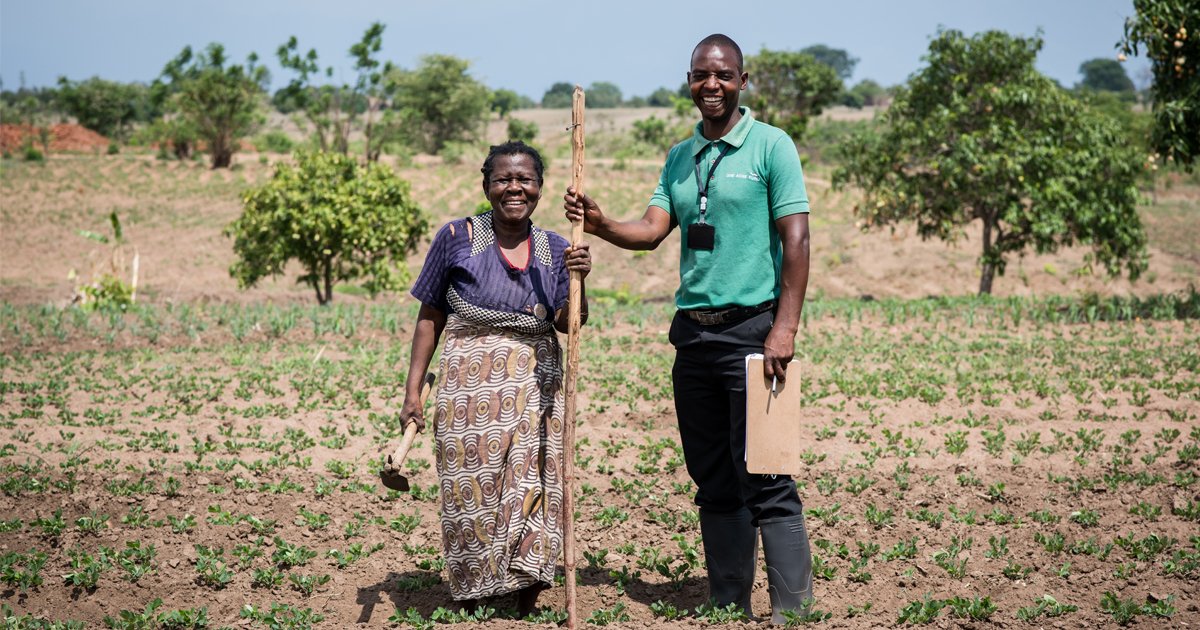- About
- Topics
- Picks
- Audio
- Story
- In-Depth
- Opinion
- News
- Donate
- Signup for our newsletterOur Editors' Best Picks.Send
Read, Debate: Engage.
For the third year in a row the number of those who don’t have enough food to eat continues to grow worldwide, now standing at a staggering 820 million, with some nine million more people having joined these statistics since last year, studies show.
Even as the number of moderately or severely food insecure people – those struggling to get their next meal or forced to forgo certain meals to survive now stand at two billion, with the risk of sliding into being chronically hungry.
Yet at the same time, the number of obese adults continues to rise, currently standing at 672 million, representing one in every eight adults in what is attributed to unhealthy diets. In fact, there are currently more obese than hungry people in the world, a situation never experienced before.
FAO and other international institutions have termed this food crisis a disaster of epidemic proportions as a compounding cocktail of factors including climate change, rapid urbanisation, conflict and cyclic economic downturns take a toll on food production and access. This is the reality, even as diet-related ailments soar to unprecedented highs.
Ironically, an estimated one-third of the food produced globally for human consumption, about 1.3 billion tonnes, is wasted or gets lost yearly – translating to about $310 billion in developing countries.
And with new challenges like obesity now being a greater concern than malnutrition, bolder and innovative actions now need to be prioritised to save the world from a looming catastrophe while ensuring that the pursuit of ending hunger in all its forms by 2030 is still achievable.
Simple yet effective practices like cultivation of orphan crops, the majority of them found in Asia, Africa and Latin America, that offer unmatched nutrients while withstanding harsh weather conditions, combined with nutrient fixing procedures like biofortification that has transformed the lives of rural citizens in West Africa by providing much-needed nutrients to their children, offer cheap and guaranteed solutions to our current food maze – even as we move the debate to boardrooms and higher offices. The responsibility of fixing our food system is as much a government duty as it is ours.
